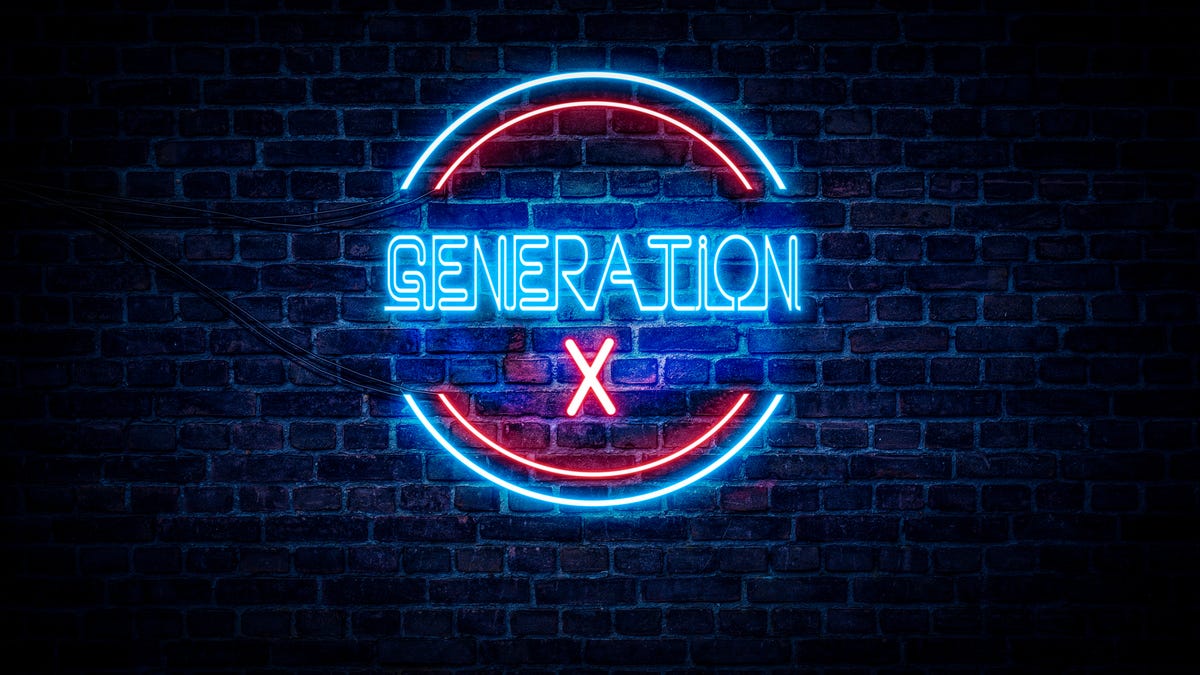The Gen X career crisis is currently making waves, capturing widespread attention. A New York Times article spotlighting mid-career creative professionals facing obsolescence quickly became a favorite among readers. The irony of hitting one’s career peak as industries decline resonated, prompting widespread discussion on social media.
Recently, a stock market crash exacerbated the situation. Triggered by broad tariffs and investor anxiety, the downturn significantly impacted retirement savings and renewed recession fears, striking hardest when Gen Xers anticipated reaching their top earning potential.
Since April, the market has seen accelerated declines, with the S&P 500 dropping over 11% and the Nasdaq plunging 17%. Even Apple (AAPL) stock has declined more than 21%, affecting retirement accounts like IRAs and 401(k)s. For those relying on stock-based compensation, this selloff is particularly damaging.
This isn’t the first systemic collapse Gen X has faced, but for many, it feels like the most significant blow. This generation, born between 1965 and 1980, has weathered many economic storms: from the 1990–91 recession and the dot-com bust to the 2008 financial crisis and the COVID-induced downturn. Now, as they navigate their mid-40s to late-50s, their careers—and retirement plans—are being reshaped by unforeseen technological advancements and economic upheavals.
For many Gen Xers, these years were supposed to bring financial payoff. Instead, they’re grappling with careers overshadowed by automation, outsourcing, and gig economy trends. The promise of security has faded, replaced by physical strain, dwindling benefits, and mounting anxiety about further market declines.
Take Rebecca Moon Ruark, a 50-year-old marketing professional from Annapolis, Maryland. She’s spent 15 years in higher education communications, a niche she once thrived in, but she’s now witnessing dwindling opportunities due to the rise of machine learning, AI, and language models like ChatGPT.
Direct mail jobs, previously lucrative, have become scarce. “Six months ago, I noticed a downturn,” Ruark shares. Despite one victory where her human-written copy outperformed ChatGPT’s, the overall landscape is shifting. In higher-ed writing, contract gigs demand human creativity, but Ruark remains uneasy about the future. She’s contributing more to her strained retirement fund but hasn’t checked the balance lately. “Turning 50, I realize I can’t hustle forever,” she reflects. “This economic downturn feels
Source: https://qz.com/









